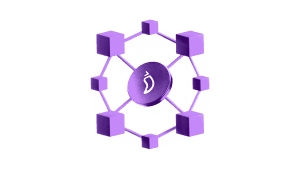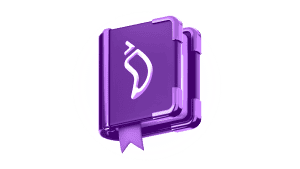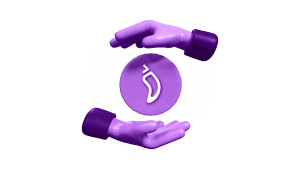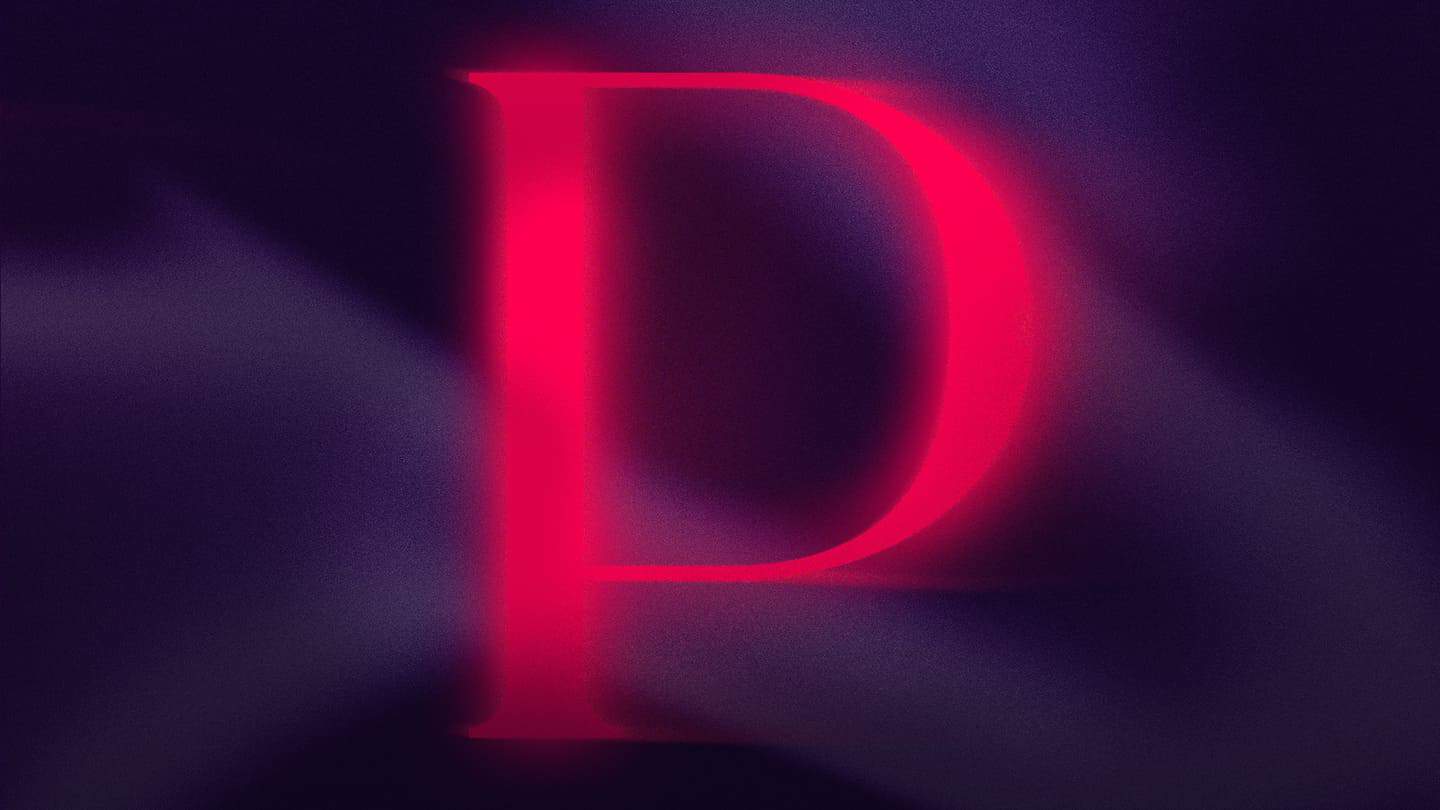Proof of Stake (PoS) is a consensus mechanism used in blockchain networks to validate transactions and secure the network. Unlike Proof of Work (PoW), which requires miners to solve complex mathematical problems to validate transactions, PoS relies on validators who are chosen to create new blocks based on the number of coins they hold and are willing to “stake” or lock up as collateral.
In this algorithm, validators are chosen randomly based on the amount of stake they have in the network. The more tokens a validator holds, the higher their chances of being selected to validate a block. This process is known as “forging” or “minting,” where new blocks are created and added to the blockchain.
Advantages of Proof of Stake
Energy Efficiency:
As mentioned earlier, PoS requires minimal computational power compared to PoW, making it a more energy-efficient alternative. This means that PoS-based networks consume significantly less energy, reducing the environmental impact and making it a more sustainable option.
Cost-Effective:
In PoW, miners need to continuously invest in expensive hardware and bear high electricity costs to compete for block rewards. In contrast, PoS only requires validators to hold a stake in the network, eliminating the need for costly equipment and reducing operational expenses.
Security:
Some critics argue that PoS is less secure than PoW as it relies on economic incentives rather than computational power. However, with proper mechanisms in place, such as slashing penalties for malicious behavior or dishonesty, PoS can be just as secure as PoW.
Decentralization:
PoS promotes decentralization by allowing anyone with sufficient stake to participate in the consensus process. This eliminates the centralization of power and control seen in PoW-based networks, where large mining pools hold significant influence.
Governance:
In PoS, stakeholders have a say in network governance through voting on proposals or making decisions based on their staked tokens. This enables a more democratic decision-making process compared to PoW networks, where influential miners can dictate changes.
Challenges of Proof of Stake
Initial Distribution:
One of the main criticisms of PoS is that it favors early adopters who possess a significant number of tokens at the launch of the network. These individuals have an advantage over newer participants and may have a disproportionate influence on the network’s decision-making process.
Centralization of Wealth:
As with any system that rewards individuals based on the amount of stake they hold, PoS can potentially lead to centralization of wealth within the network. This may result in a small group controlling a significant portion of the stake and having a significant say in network decisions.
Potential for Attacks:
While PoS is designed to be secure, it is not entirely immune to attacks. One potential attack vector is the “nothing at stake” problem, where validators can create multiple versions of a blockchain at no cost, making it challenging to reach consensus.
Difficulty in Achieving Consensus:
In PoS, validators are incentivized to follow the majority of other validators to reach consensus. However, in cases where there is no clear majority or when a malicious actor controls a significant portion of the stake, reaching consensus can be challenging.
Need for Active Participation:
In PoS networks, staking requires active participation from individuals holding tokens. This means that they must have their nodes online and actively participating in the consensus process. If a large number of stakeholders are inactive or offline, it can impact network security and performance.
Conclusion
While Proof of Stake has its challenges, it offers several advantages over traditional PoW-based systems. It promotes decentralization and democratic decision-making while reducing energy consumption. With ongoing








